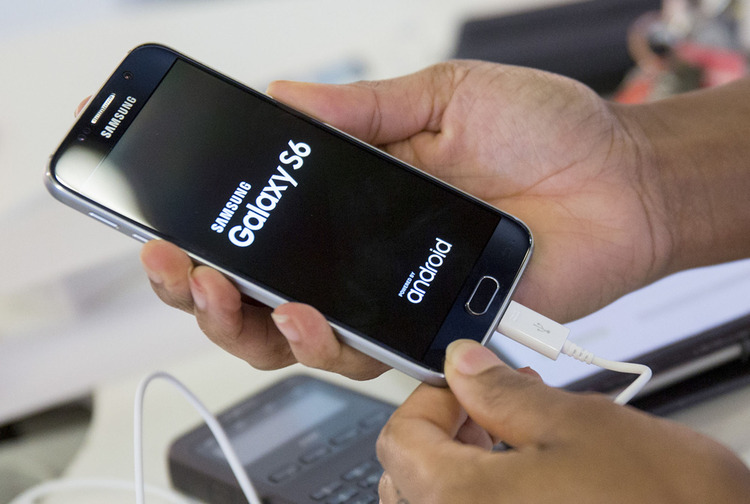- NCC Moves to Stop e-waste Dumping in Nigeria
The Nigerian Communications Commission says it has become necessary to stop the dumping of electronic wastes, especially used telecommunications devices, in the country.
The Executive Vice Chairman, NCC, Prof Umar Danbatta, said this at a public inquiry on e-Waste Regulations and Disaster Recovery Guidelines in Abuja on Tuesday.
Danbatta said that the flow of electronic wastes in the country was fuelled by low Gross Domestic Product and illegal predatory practice by technologically advanced countries.
He said, “According to a recent report by the World Economic Forum, electronic waste is now the fastest-growing waste stream in the world. It is estimated that this waste stream spiked by about 48.5 million tonnes in 2018.
“In Africa, the challenge is even dire. In a fast-paced telecoms industry where speed and capacity define the networks, rapid advances in technology make it easier and convenient to change malfunctioning gadgets than to repair them.
“Also, the illegal and predatory e-waste value chain, which encourages the movement of e-waste from developed to the developing countries, adds another layer to the global challenge of handling e-waste.”
Danbatta added, “In Nigeria, due to low GDP per capita/low income, and the desperate quest for information, it is estimated that 75 per cent of the electronics imported into the country is irreparable and toxic junk.
“The global concern for the regulation of e-waste is two-pronged. First is the acute awareness of the hazardous properties and the potential risk to human health as well as their capacity to degrade the environment. Second is the business case and vast potential for wealth creation in recycling e-waste into more benign and productive uses.”
The NCC boss said that the regulation that had been drafted by the agency provided clarity and delimited responsibility of various stakeholders in the e-waste chain within the telecommunications industry.
The draft regulation said that every player within the e-waste management value chain – manufacturer, transporter, collection and disposal facility and recycler – must obtain authorisation from the commission after the coming into effect of the regulation.
It said that the commission might refuse, revoke or suspend an authorisation granted if the entity so authorised failed to comply with any of the conditions of its authorisation.
It added that it was mandatory for every manufacturer and producer generating e-waste to apply to the commission for an Extended Producer Responsibility Authorisation that would be valid for five years and renewable for another five years.
On the other hand, the Guidelines on Disaster Recovery said that every network facility and service provider must have a disaster recovery plan comprising a strategic plan setting out the vision for utilisation of communication system for emergency purposes and guiding the network facility provider on its specific rules and responsibilities.

 Forex2 weeks ago
Forex2 weeks ago


 Naira1 week ago
Naira1 week ago
 Naira4 weeks ago
Naira4 weeks ago
 Company News4 weeks ago
Company News4 weeks ago




 Naira1 week ago
Naira1 week ago
 Billionaire Watch1 week ago
Billionaire Watch1 week ago




 Naira3 weeks ago
Naira3 weeks ago




 Naira1 week ago
Naira1 week ago










